No one ever said that research administration was an easy profession. Demanding PIs, complex applications, ambiguous agency regulations, and often downright scary deadlines – this isn’t a job for the timid! We hear all about the challenges research administrators face in their day-to-day routines. Below, we’ve assembled three of the most common frustrations we hear from research administrators – along with some suggestions on how best to combat them.
Scenario #1
One of your PIs comes to you, a copy of their rejected budget in hand, saying “You don’t understand–I need 30 reams of paper, an electronic stapler, and concert tickets!”
PIs know what they need to get their work done, but they can’t always articulate why they need it. Try asking for the reason behind the purchase rather than simply saying, “No.” It could be that the paper is for the 1,500 copies of a 10-page paper survey that they need to staple together and distribute at a concert so that they can study the demographics of Euro-pop concert attendees. Stranger things have happened!
We heard a story recently about an investigator who submitted a budget to their Sponsored Programs Office that called for three PlayStation gaming systems. As it happens, there was a component in those gaming systems that they needed for their research. Purchasing the component directly from a supplier cost more than purchasing the PlayStation systems and extracting the part they needed.
Investigators often don’t understand why that one thing they want to buy is not an allowable/allocable cost for their budget. It’s also pretty rare that they want to hear your recitation of OMB A-21, section J-10. Instead of explaining the detailed federal regulations, consider going through the broad rules for allocability and allowability and showing them examples from federal audit sites like this one. Often, seeing the consequences of questionable expenditures is more convincing than hearing abstract conjecture about what could possibly happen.
Scenario #2
Another PI shows up on your doorstep on deadline day, insisting, “We still have two hours until the deadline–that should be more than enough time to make sure my budget adds up correctly!”
Despite many rules against it, PIs will wait until the very. last. minute. to submit their proposal to the Sponsored Programs Office for review. Of course, that leaves you scrambling to make and request corrections and get the application in on time. It could be that the PI doesn’t understand exactly what you are reviewing and why you need the time you need. Consider including in your policies on proposal submission not only how much time before the due date a PI must get a proposal to you, but exactly what your office uses that time to review. PIs may not even realize what your office is willing to help with.
If you currently work with a paper-based system, where your office is the last level of review before submission, you probably don’t know about proposals until they land on your desk or in your email inbox. We’ve seen how, when institutions move away from paper-based systems and adopt electronic proposal management systems, they suddenly start learning about proposals as soon as they’re in development, rather than right before they are due. A research administrator told us recently that when her office was on a paper-based system, the average amount of time between when they first saw a proposal and the proposal’s due date was three days. When they moved to an electronic system, that lead time increased to two weeks.
Scenario #3
You call a funding agency for a last-minute clarification, only to hear, “Thank you for calling. The program manager you are trying to reach is on vacation, because today is the due date for your huge proposal. Please direct all your questions about our ambiguous proposal preparation instructions to your overwhelmed Sponsored Programs Office. Have a nice day!”
Ok, that was maybe a little extreme, but we’ve all been there. It’s 10 minutes before the deadline, and you have no idea if the RFP is instructing you to include all five years of proposed funds in the first column or only year one. And if it’s only year one, where are you supposed to put years two through five? And why hasn’t the program manager returned your call? If you’re struggling with one of these decisions, and you’re waiting to hear the definitive answer from an agency, consider preparing multiple copies of the proposal – each using a different interpretation of the regulations. When you get the answer, you’ll already be prepared with the right version of the proposal. Depending on the system you’re using, this may be easier said than done, but taking a few minutes to figure out how you might accomplish something like that may save your bacon when the situation arises.
Of course, there’s another option: Ask someone else. Ask anyone else. Talk to other PIs who may have submitted to this call in the past. Post to a listserv. Call the Research Suite support line. You might even consider cold calling or emailing someone at another institution. Someone out there is likely to have the answer you’re looking for.
Research administration can be tough, but you’re not alone. Get in touch with us anytime to talk about how research administration software can make your life easier.


